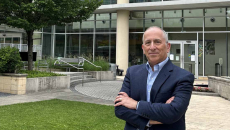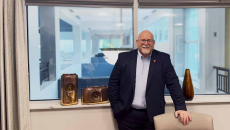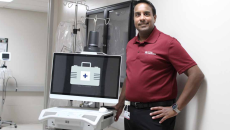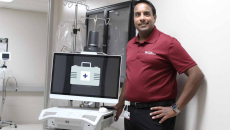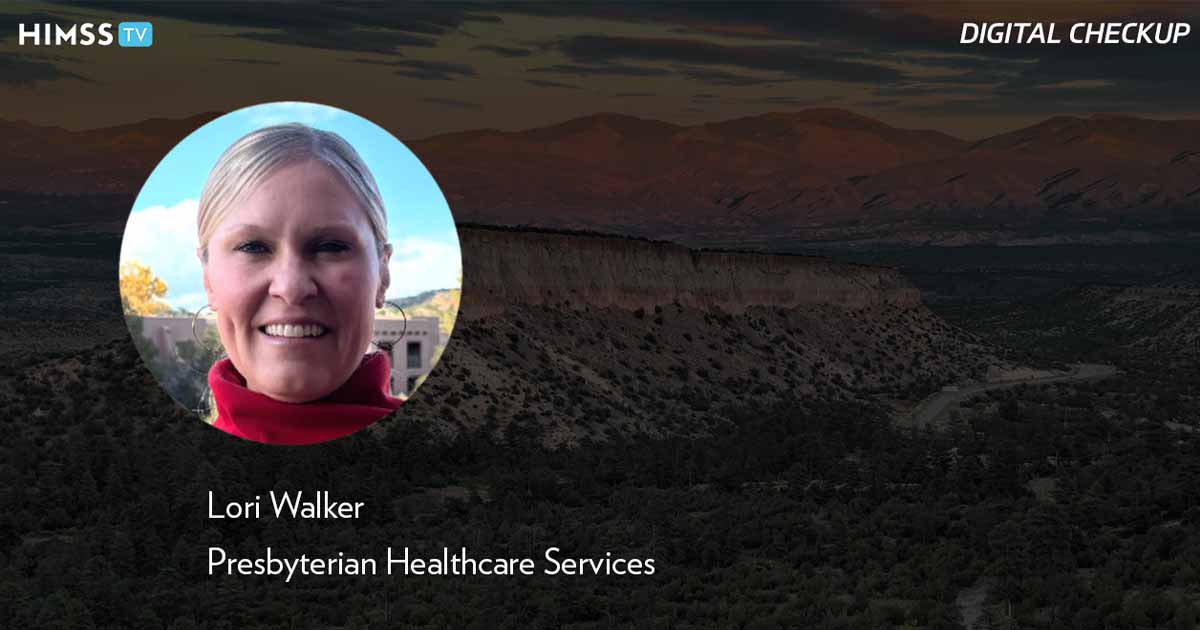Search
The California arm of the massive health system jumped from one to more than 50 value-based care quality contracts in eight years. It earned more than 50 quality awards in 2024 alone. And it continues to close care and disparity gaps.
Artificial intelligence has elevated the quality and efficiency of documentation, improved the completeness of that documentation and reduced charting time significantly. AI has also enabled more attentive and personalized care.
Taking a patient history upfront via telemedicine has been very fruitful for the high-demand specialty provider. By combining history via virtual care with a then more limited in-person visit, care can be delivered more efficiently – and more patients can be seen.
Cybersecurity In Focus
Third-party security vendor risk mitigation is another imperative as health systems rely on more and more technologies, says Barry Mathis of healthcare management consulting firm PYA.
The annual wellness visit and breast cancer screening campaigns show how a health system can succeed with value-based care. The provider also achieved a more than 28% improvement in care-gap closures.
Success Stories & ROI
The 51-hospital health system improved patient throughput in the ED for behavioral health patients, reduced door-to-needle times for stroke patients, and enabled rural hospitals to retain more patients through increased specialist access.
The 51-hospital health system improved patient throughput in the ED for behavioral health patients, reduced door-to-needle times for stroke patients and enabled rural hospitals to retain more patients through increased specialist access.
The health systems' MyCare Anywhere app fuses the Epic EHR, MyChart, telemedicine, expert health content, self-guided health journeys and more. MetroHealth has done 27,000 virtual visits with thousands of referrals in the first year.
Informatics leaders also have to be closely invested in their organization's goals, says Dr. Robert W. Warren, who offers advice drawn from a long career on bridging clinical and technological roles, making tough decisions and being a team leader.
Dr. Robert W. Warren, whose decades of experience include years as chief medical information officer at MUSC Health, describes paths to the top clinical IT role – and how training, continuing education and mentoring can help new CMIOs thrive.


